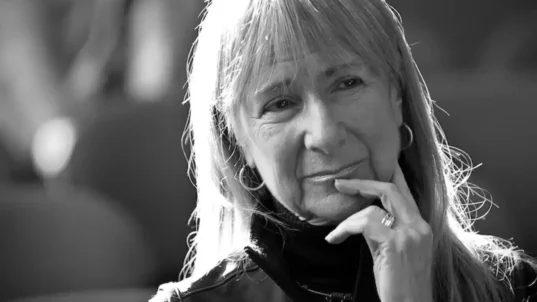“Diversity” no longer means what it did to my parents’ generation. Rather than simple “variety” the word now means something more like “a mixture of important social categories”—hence the demand that we “Respect diversity” means something like “Recognize the importance of social categories.”
When it comes to exploratory discussion, there are good reasons to pay diversity this sort of respect. The most obvious is that there is absolutely no way we can avoid doing so: when we select participants, we are choosing some categories over others (indeed, a myriad of categories over a myriad of others). So we might as well be self-conscious about which kind of diversity we are selecting for—i.e., whose participation we solicit. There is simply no way to be “neutral” about recruiting. Who will we invite: the college President or the store clerk? The shut in or the member of the Rotary board? I think it’s pretty clear that even a half-hearted commitment to democracy means answering such questions by making recruitment decisions that expand the circle of democratic discourse rather than retrace it.
A second important reason to respect diversity is that in exploratory discussions in particular “contrasting” kinds of people might be thought likely to contribute contrasting ideas—a good thing all other things being equal.
Still, it would be easy to push discursive respect for diversity too far. Diverse participants are no guarantee of exploration; they may be good representatives, but not good listeners. Second, there are serious limits to how much we can know about what kinds of diversity matter in different circumstances or on different topics. Then there’s the problem of finding authentic representatives for those we think might matter the most. Finally, at least in the small groups that are typical of IF discussions, there’s the very real practical problem posed by a limited number of seats.
What I think these considerations add up to is two rules of thumb:
(1) add diversity to the participant mix where it widens the pool
(2) don’t see diversity alone as a surrogate for exploratory discussion (which, as always, will depend more than anything else on your materials, your facilitation, and the disposition of your participants).
The goal of exploratory discussion is not to first locate and then provide a platform for any particular group, association, party, demographic, psychological profile, philosophical school, or Weltanshauung, but rather to go someplace new. Diversity can help get you there, and has some democratic value of its own, but it doesn’t mean you’ve arrived .



